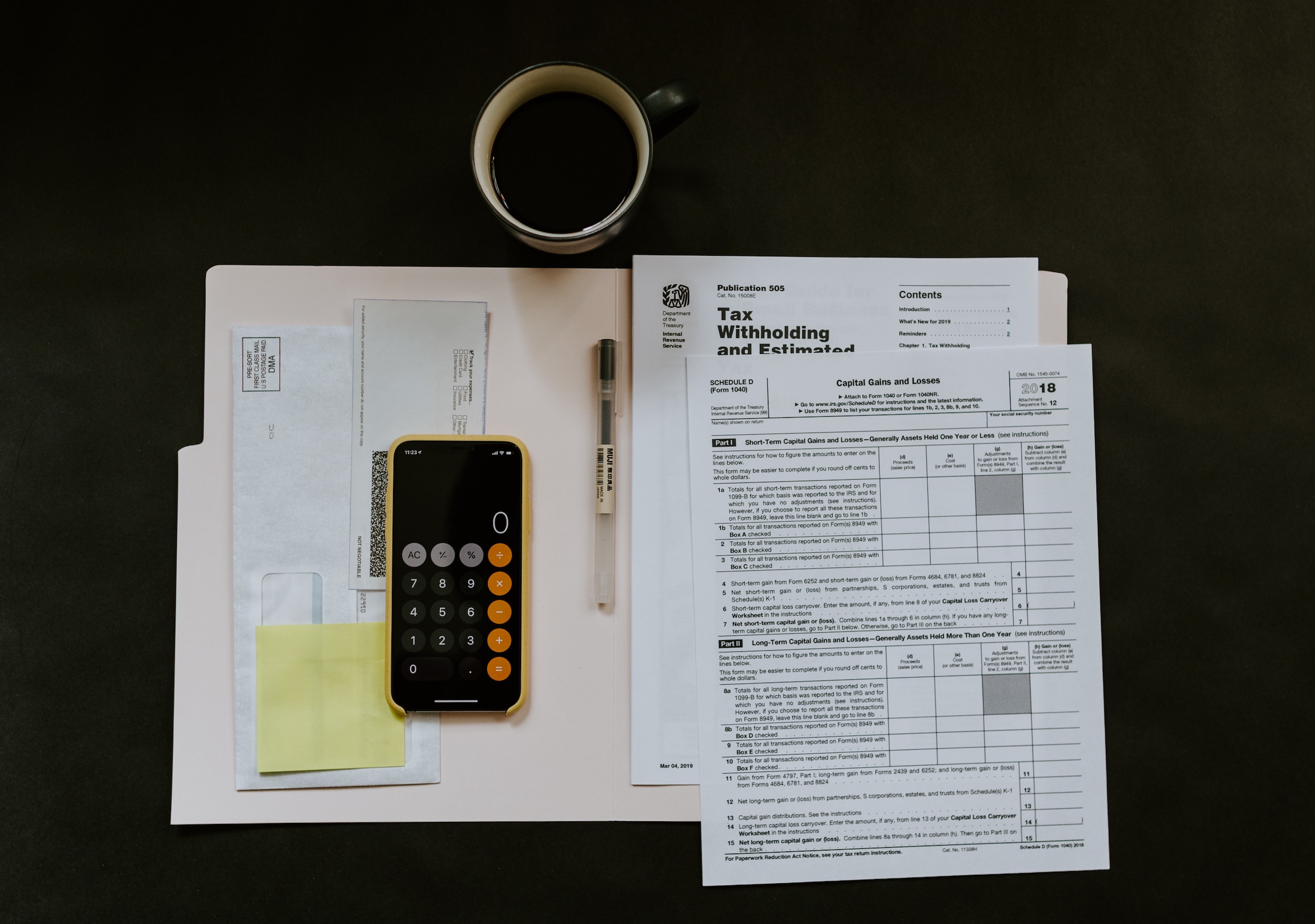
In the US, The IRS tries to encourage home ownership by offering buyers substantial tax breaks to offset the costs of owning a home. These tax breaks are offered by most states as well as the federal department. You can claim these credits and tax deductions year after year if you use the home as your primary residence and still own the home.
However, these credits and deductions often come with some limitations; the extent to which you can decrease your tax bill usually depends on your tax bracket and income. It’s always advisable to follow the best guide to buying a home in Ohio and understand the various tax breaks you can take advantage of. This can help you save thousands of dollars on your house purchase. Below you’ll find the most popular tax breaks available to you when buying a home:
-
Mortgage Interest
Typically, you’ll pay higher mortgage interest in the first few years compared to later years. Tax benefits for homeowners may gradually decline over time, and if your mortgage duration is shorter, you can expect this to happen considerably faster. However, it’s always better to pay less initially than to receive a small portion of that money over time as part of the homeowner tax deductions.
Home buyers‘ most significant tax break usually comes from mortgage interest deductions. For mortgage debt, you can deduct up to $750,000 in interest. For a mortgage of $ 250,000, you need not worry about this rule. You are allowed to deduct. However, if your mortgage is $1 million, you cannot deduct all the mortgage interest.
-
Real Estate Taxes
You can deduct local and state property taxes in the same year you make the first payment. You can only deduct from state sales taxes or local income taxes, but not both. The deduction is usually fixed at $10,000 per year and is categorized under the same umbrella as local and state income taxes as well as sales taxes. However, if you happen to live in a state requiring high-income taxes or high property taxes, you may not be in a position to deduct all your payments.
You can also deduct the yearly local property taxes as well. This amount is commonly displayed on the 1098 form issued by your lender; that is, you make your tax payments via an escrow. If you pay them directly, you’ll need to check your records with the municipality or your designated checking account.
-
Points
Once you buy a home, you may also need to pay some points to your lender to get your mortgage. These points are typically expressed as a percentage of the loaned amount. If you used your home as collateral for the home and the points payment is typical for your neighbourhood, then these points are deductible as interest – as long as your cash down payment is equivalent to or larger than your points.
For instance, if you paid five points or 5% on a mortgage of approximately $750,000, you can deduct your points as long as you part with at least $15,000. You even get to deduct your points even if the seller made payment for you as part of the deal. Your deductible points should appear on your 1098 form.
-
Private Mortgage Insurance
Don’t expect to be able to claim this deduction if your income is too high. It’s phased out once your adjusted gross income surpasses $100,000 despite being married or not. For married people filing separately, this limit is $50,000 per person.
Once your adjusted gross income exceeds $109,000 or $54,500 per person for married people filing separately, you’ll not be eligible to claim the deduction. Remember that this tax deduction is usually subject to expiration, and you may need to confirm the rules of the current tax year before you can truly count this as part of your savings.
-
Home Office Deduction
Home office tax deductions offer you a rare opportunity for significant tax savings. This is especially when you consider that you won’t just get to leap benefits from mortgage insurance premiums but also mortgage interest and property taxes itemization. This new tax break is tied to many rules you’d have to follow to legitimately claim it.
One of the main restrictions is that you can’t just claim the deductions for home office, as you would expect of any good tax program. For instance, if you are a company employee working from home, you are not eligible for the home office deduction. This tax deduction only covers entrepreneurs such as small business owners, who primarily use their homes as the regular and exclusive place of doing business.
Endnote
Buying your first home is a significant step that sees you prefer not to pay rent but rather invest in building equity. The government can only encourage home buyers like you by easing the pain of high mortgage payments. The tax deductions outlined in this guide will go a long way to significantly reduce your tax bill. Remember that your charitable donations and state taxes will earn incredible tax-saving deductions.




 POSTED BY
POSTED BY 

